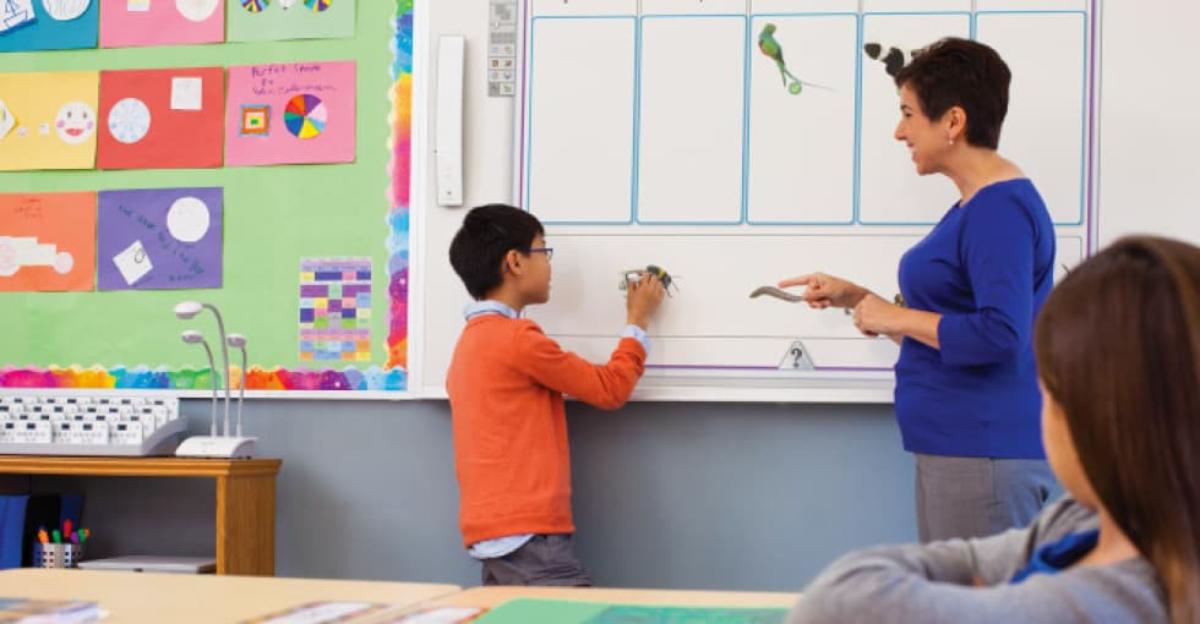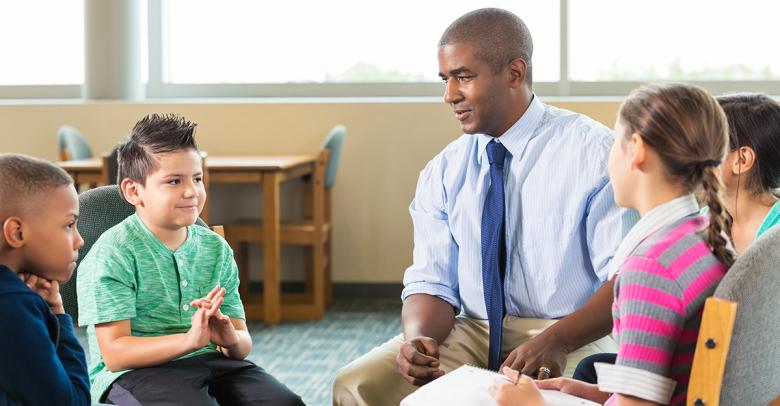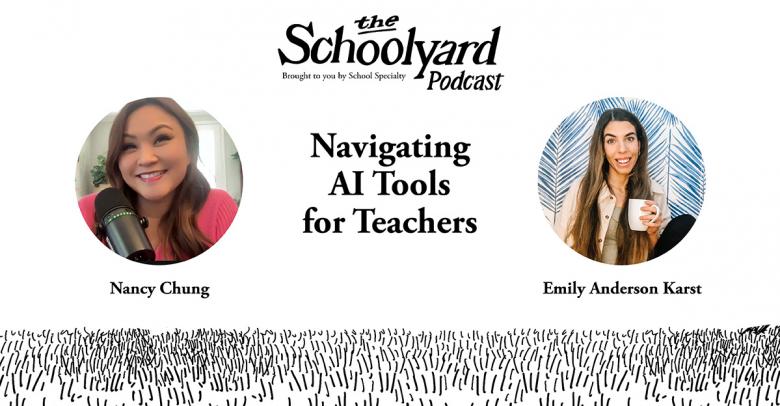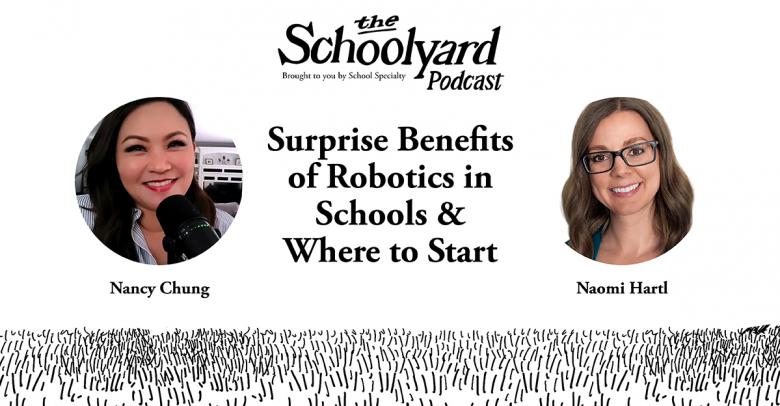T. V. JOE LAYNG, PH.D.
Director of Learning Sciences, Mimio
Today’s classrooms are in transition. Technology of all sorts is making its way into the classroom and offering new ways to engage learners. The transition is not smooth, nor is it following a single path. Classroom technology was once limited to presentation via VCRs, filmstrips, and slide projectors. Today we find more interactive technology that uses LCD projectors, interactive whiteboards, notebook and desktop computers, and tablets such as the iPad.
Which technology? No “right answer.”
There is no one “right answer” as to which technology will best engage students and improve outcomes. Teachers have a vision of what an engaged classroom looks like, and they strive to create that in their own classroom. Practices that make that vision more likely are more readily adopted, while those that don’t are resisted. However, seeing our students engaged or feeling good about what we are doing may not be enough. Some teachers may assume that more interaction is better than less, that collaboration is better than independent study, and that tackling problems and projects through discovery and inquiry improves classroom practice and produces more authentic learning. Technology purchases often follow such beliefs. Unfortunately, there are few well-designed studies to support these assumptions. For example, a well-known study by Carnegie-Mellon professor David Klahr and University of Pittsburgh investigator Milena Nigam (2004) compared discovery/inquiry based science teaching to directly instructing learners:
With respect to the focal skill of designing unconfounded experiments in simple contexts, these results replicate other studies in which direct instruction was clearly superior to discovery learning in facilitating children’s acquisition of CVS [control-of-variables strategy]. (Chen & Klahr, 1999; Klahr et al., 2001) …The most important result of this study is the relationship between learning paths and transfer. Children who became masters via direct instruction were as skilled at evaluating science-fair posters as were discovery-learning masters and experts. Similarly, children who failed to become masters did equally poorly on the poster-evaluation task regardless of training condition. That is, the focused, explicit, and didactic training in the direct-instruction condition produced a high proportion of CVS masters who were as proficient as the few discoverylearning masters (and experts) when subsequently asked to demonstrate richer, more authentic, scientific judgments. These results suggest the need to reexamine the long-standing claim that the limitations of direct instruction, as well as the advantages of discovery methods, will invariably manifest themselves in tasks requiring broad transfer to authentic contexts… (p.666)
Still, what we want from these activities—engaged, self-directed learners that actually are learning both content and process—remains an important goal. The research does not suggest that effective interactive learning environments cannot be designed. But it does suggest that Technology Changes in the Classroom: In search of effective, flexible solutions 2 simply adding a game structure, collaboration, or interactivity does not ensure effectiveness. Even in the Klahr and Nigam study, “[a] nontrivial proportion (23%) of discovery-learning children became CVS masters. And even among the discovery-learning children receiving the lowest scores in the exploration phase, 15% became masters.” (p. 666) This suggests that carefully designed learning environments can produce this type of learning. Indeed, Robbins (2011) describes successful inquiry-based elementary classroom practices based on a very carefully designed curriculum that employs think-aloud problem solving. In her model, learners are taught first how to reason and ask questions, and then to apply those skills to a range of problems and projects.






Leave a Reply